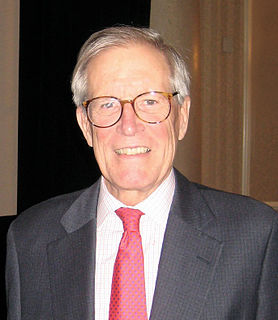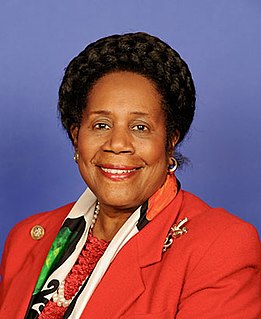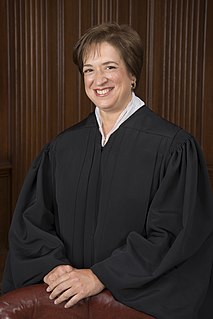A Quote by Pete du Pont
Has President Bush exceeded his constitutional authority or acted illegally in authorizing wiretaps without a warrant? Benjamin Franklin would not have thought so.
Related Quotes
President Bush broke the law and lied to the American people when he unilaterally authorized secret wiretaps of U.S. citizens. But rather than focus on this constitutional crisis, Attorney General Gonzales is cracking down on critics of his friend and boss. Our nation is strengthened, not weakened, by those whistle-blowers who are courageous enough to speak out on violations of the law.
there ought always to be a constitutional method of giving efficacy to constitutional provisions. What for instance would avail restrictions on the authority of the state legislatures, without some constitutional mode of enforcing the observance of them? . . . This power must either be a direct negative on the state laws, or an authority in the federal courts, to over-rule such as might be in manifest contravention of the articles of union.
Under Article II, all executive power is vested in one president of the United States. The regulatory state is Congress's efforts to undermine the president's authority. And my hope is we will see a president use that constitutional authority to rein in the uncontrollable, unelected bureaucrats and to rescind regulations.
The president does not have power under the Constitution to unilaterally authorize a military attack in a situation that does not involve stopping an actual or imminent threat to the nation. As commander in chief, the president does have a duty to protect and defend the United States. In instances of self-defense, the president would be within his constitutional authority to act before advising Congress or seeking its consent.































